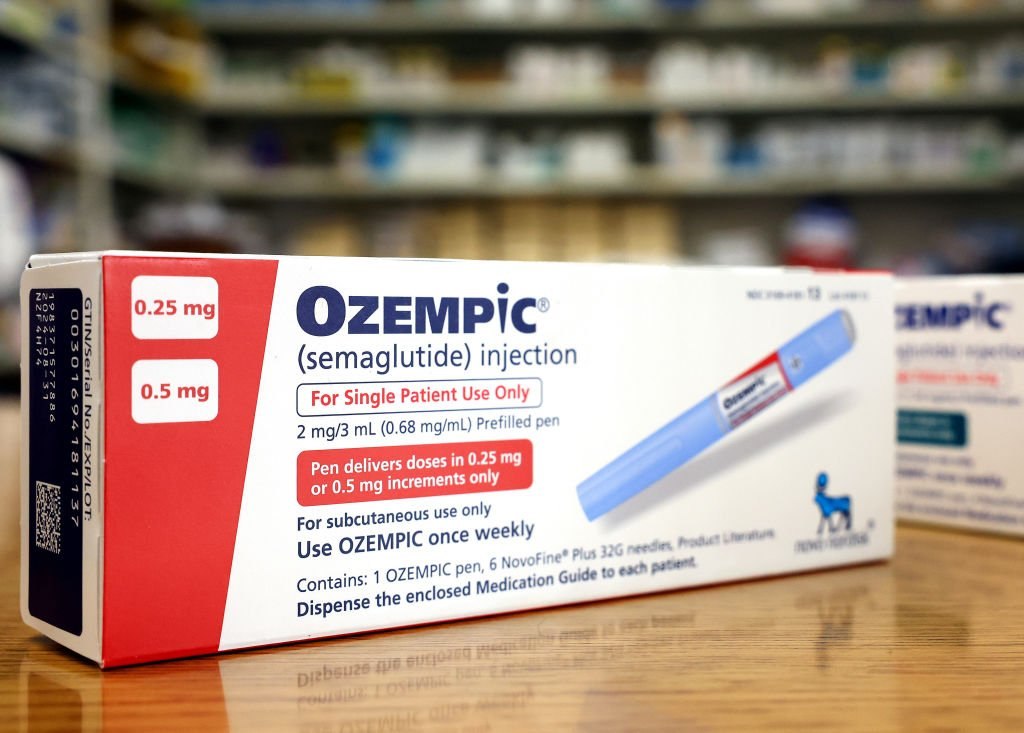
Fitness influencer fans turn to Ozempic for weight loss
It’s not often that Hollywood star-power gets behind a diabetes drug, but that’s what happened to Ozempic this year. The drug semaglutide (sold as Ozempic, Wegovy and Rybelsus) has become a sensation as a weight-loss aid, with celebrities from Elon Musk to Chelsea Handler sharing stories about using it. How has this publicity boost affected consumers’ opinions?
The chart below, based on data drawn from YouGov BrandIndex, shows America’s ambivalence about Ozempic. On the one hand, more Americans than ever are talking about the drug. Its Attention score, a measure of whether consumers have heard anything about the brand in the past two weeks, has more than doubled in the past half-year from 7.9% to 17.6%. Growth in the drug’s Word-of-Mouth score is even more dramatic. Last October, only 2.7% of respondents said they’d talked about Ozempic with their friends or family in the previous two weeks. By April, that had more than tripled to 8.7%.
Yet publicity does not always mean popularity. America has mixed feelings about safety of the drug as well as about weight-loss in general, and this ambivalence is reflected in Ozempic’s Impression score, a measure of whether respondents have an overall positive or negative feelings about a brand. American consumers’ Impression of Ozempic nearly halved from 4.0 in October to 2.1 in April. Even though Ozempic has become much more well-known, America’s feelings about it are, in aggregate, less positive.
Yet despite the controversy, it appears that the added publicity has been an overall benefit to Novo Nordisk, the manufacturer of the drug. Purchase Consideration, the percentage of consumers who would consider buying Ozempic when they’re in the market for drugs, rose from 2.5% to 4.3% over the past six months, nearly doubling. This growth has been especially prominent among consumers who compare themselves to fitness influencers on social media. Only 4.0% of this audience would have considered purchasing Ozempic before it went viral. Half a year later, the number has more than tripled to 14.1%.
Among diabetics, to whom Ozempic was originally marketed, Consideration has fluctuated significantly but is now at 10.6%, more or less where it started.
When it comes to actual purchase, however, use of Ozempic among diabetics has declined from 9.2% to 6.9%. The decline in use among diabetics may be related to supply shortages caused by Ozempic’s newfound popularity as a weight-loss drug. Purchase of the drug by non-diabetics rose from 0.3% to 1.4% during the same period, nearly quintupling.
Methodology: YouGov BrandIndex collects data on thousands of brands every day. Data from surveys of adults aged 18 years and above residing in the United States from October 11, 2022 and April 16, 2023. Scores are based on an eight-week moving average. Learn more about BrandIndex.